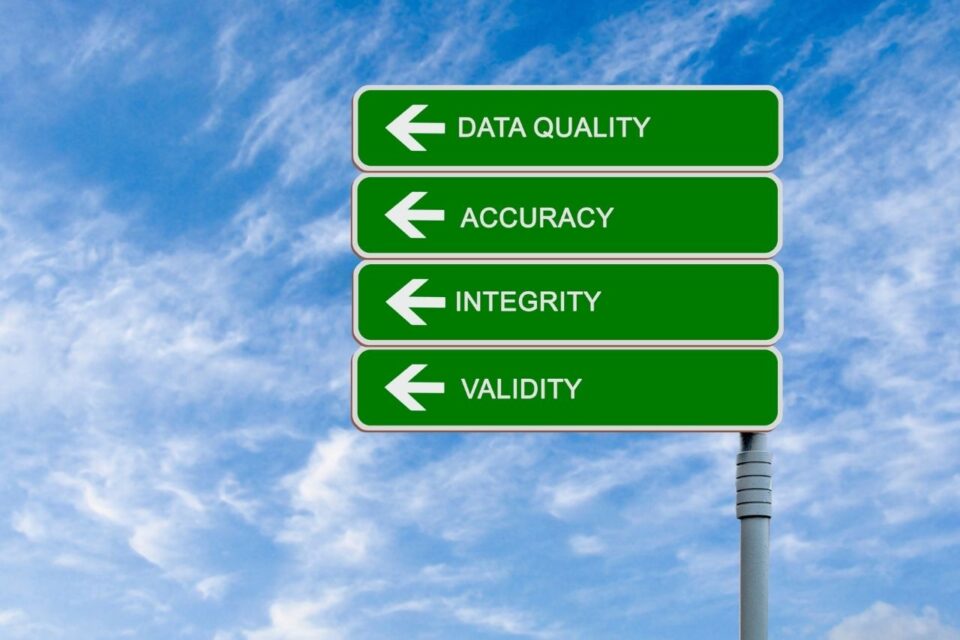
What is the Role of the Hospital Chargemaster in Revenue Cycle Management?
June 18, 2019
Using Artificial Intelligence to advance Revenue Cycle Management
July 11, 2019While many hospitals and health systems have been focusing on using EHR, there are some providers who are taking attempts to improve the quality and reduce the rising costs with worthwhile investments on revenue cycle management solutions.
Federal actuaries estimate National healthcare’s share of GDP to reach above 19 percent by 2027. Besides this accelerated growth in domestic healthcare spending, the quality of US medical care is still suffering.
Hospitals are facing immense pressure to reduce the ever rising costs. At the same time, provider organizations are using a variety of ways for improvement of health outcomes such as value-based reimbursement.
EHR helped providers in revamping and remodeling clinical processes. According to Definitive Healthcare, hospitals started using EHR at a growing rate from 73% in 2009 to 98% in a very small time frame.
Now, it’s not only the increased support observed for EHR adoption. Along with it, industry experts are taking notice of betterment in healthcare quality and total cost of providing care.
Even a major payer found value-based reimbursement initiatives helped in lowering the costs by 15.6% together with improved preventative care, reduced emergency visits and hospital admissions. Just like every boom in history is followed by a burst bubble, there’s no exemption for the healthcare sector that exists. Providers are showing dissatisfaction towards EHR systems due to lack of performance on financial side.
Many providers that were using EHR for high quality of care at less cost were facing financial challenges. From the financial perspective, hospitals and healthcare systems are now inclined towards adoption of revenue cycle management solutions besides the implementation of EHRs and clinical support systems.
As a matter of fact, 68% of hospital executives reported in a recent Healthcare Financial Management Association (HFMA) survey that their management intends to rise revenue cycle IT budgets in 2019.
However, many provider organizations don’t have the necessary resources or capital for revenue cycle management solutions after implementing EHR systems. In fact, according to Definitive Healthcare data, only 85% of US Healthcare providers are using revenue cycle management software.
As reported by 2018 survey, 21% of hospitals are enduring a poor debt recovery process to redeem the profit due to the organization.
With the less cash on hand, medical leaders are coming forward for the betterment of bad situation of hospitals. Instead of just talking about it, they are doing their best to boost hospital’s financial and clinical processes.
Even the evidence from Definitive Healthcare also represents a significant increase in revenue cycle management solution installations over the recent years. Overall, the installations of revenue cycle management solutions reached more than 9000 by April 2019.
Among these installations, while only 37% installations took place between 2012 & 2017, only 10% occurred in the last year.
Moreover, findings also state that almost 91% of hospitals have introduced at least one revenue cycle management module up to April 2019.
Why Revenue Cycle Management Solutions?
Revenue cycle management is an effective process to decrease the hospital costs and to manage claims correctly, particularly under more intricate payment structures such as bundled and capitated payments.
RCM solutions hoard all the information from varying sources and give healthcare providers the documentation they need to recognize, track, and revamp the financial health. Also, investments on revenue cycle management solutions can assist healthcare centers in sustaining the financial side of value-based reimbursement.
Also, revenue cycle management solutions enable hospitals to take advantage of a wide range of options as compared to small EHR market. While Epic systems are the biggest provider of EHR systems and Cerner corporation support revenue management solutions, there are a huge number of small vendors that are also offering top-notch solutions.
Apart from providing highly-rated solutions, these vendors are also taking part in the huge RCM market by offering cloud-based services, comprehensive data analytics services, clinical system integration, and so on.
As soon as hospitals and Healthcare systems will unravel the perks of effective revenue cycle management solutions, consequently it will cause the healthcare revenue cycle management market to grow. This expansion is expected to be worth around $43.3 billion by 2022.
Conclusion
The number of options and emerging financial potential are the main reasons that make revenue cycle management a game-changer strategy for hospitals. Unlike EHR, RCM has the ability to evolve according to the needs of the coming future.
Revenue cycle management solutions support healthcare providers in managing both the clinical and financial aspects of healthcare. Overall, it assures a value-based care alignment, lower claim denials, and better revenue generation.
Do you want to increase your bottom line? Learn how our software is saving other organizations $$MILLIONS!
If you are interested in a free demo of our AllPayor® Software, please go HERE or you can register for a FREE webinar HERE





